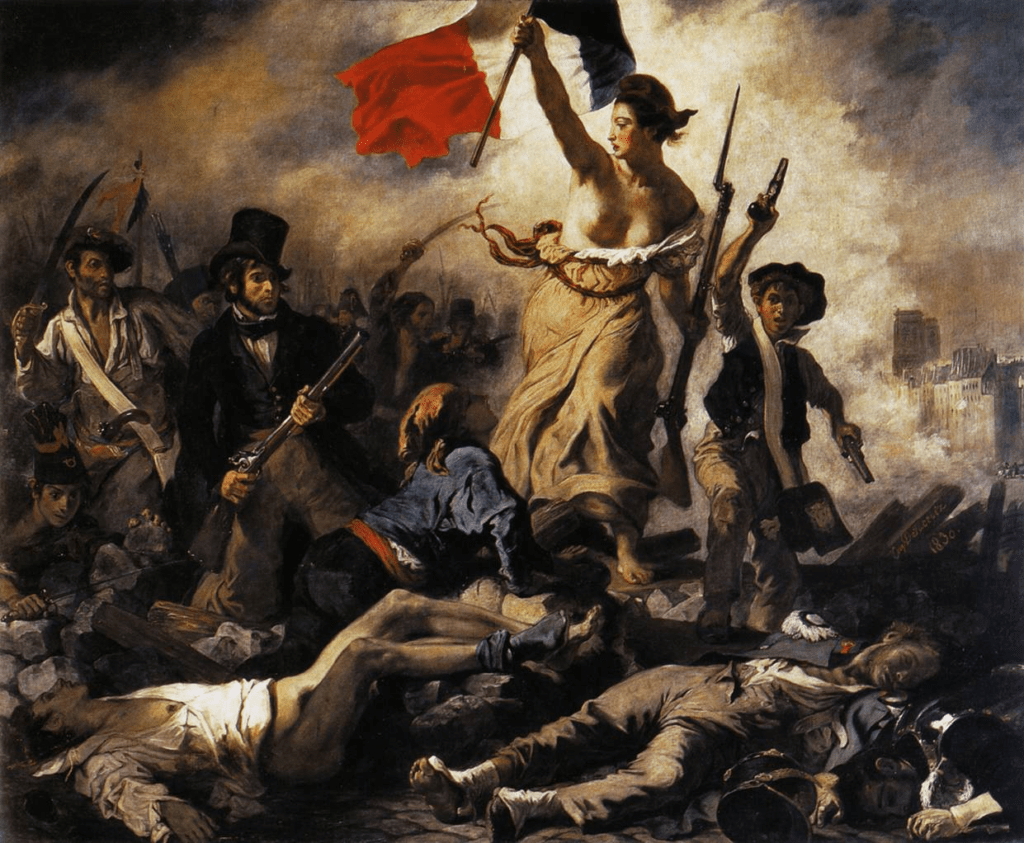Political ideologies are sets of beliefs and values that shape the way people view the role of government, society, and the economy.
There are many different political ideologies, each with its own set of beliefs about how society should be organized and how power should be distributed. In this essay, we will explore the different political ideologies and their impact on societies.

Conservatism
Conservatism is a political ideology that emphasizes traditional values, free markets, and limited government. Conservatives believe in organizing society around stable institutions like families, churches, also businesses, and they advocate for limiting government involvement in regulating these institutions.
Conservatives tend to approach the economy with skepticism regarding government intervention and also advocate for allowing the market to function with minimal regulation.
Conservatism’s impact on society is visible in policies that prioritize individual freedom and autonomy.
For example, conservative policies often focus on reducing taxes and government spending, promoting free-market capitalism, and protecting traditional social institutions.
While conservatism can provide stability and predictability, it can also perpetuate social inequalities and neglect the needs of marginalized communities.
Liberalism
Liberalism is a political ideology that emphasizes individual freedom, equality, and social justice. Liberals believe that the government should play an active role in promoting equality also protecting individual rights.
Liberals tend to support policies that provide access to healthcare, education, and social services, as well as policies that promote social justice and equality.
Liberalism’s impact on society is evident in policies that prioritize the common good over individual interests. For example, liberal policies often focus on expanding access to healthcare and education, increasing government spending to support social services, and promoting equal rights for marginalized communities.
Liberalism can promote social justice and equality but may overemphasize government and neglect individual freedoms.
Socialism
Socialism is a political ideology that emphasizes social ownership of the means of production and the redistribution of wealth. Socialists believe in organizing the economy around collective ownership and control, rather than private ownership and profit.
Socialists tend to support policies that promote economic equality, social justice, and public ownership of essential goods and services.
The impact of socialism on society is visible in policies that prioritize economic equality and social justice. Socialist policies expand access to affordable housing, healthcare, and education, and promote workers’ rights and unionization, such as.
Socialism can foster economic equality and social justice but may hinder innovation, and efficiency, and rely heavily on government control.
Fascism
Fascism is a political ideology that emphasizes authoritarianism, nationalism, and the suppression of individual freedoms. Fascists believe in a strong central government that controls all aspects of society and promotes a homogenous national identity.
Fascists tend to support policies that promote national unity, authoritarian control, also the suppression of dissent.
The impact of fascism on society can be seen in policies that prioritize national unity and authoritarian control. Fascist policies promote a homogenous national identity, suppress dissent, and expand government control over all aspects of society, for instance.
Fascism offers stability and national unity but can suppress freedoms and marginalize minorities.
Communism
Communism is a political ideology that emphasizes the abolition of private property and the establishment of a classless society.
Communists advocate for a collectively owned also controlled economy with equal access to resources and goods for all.
Communists tend to support policies that promote economic equality, social justice, also public ownership of essential goods and services.
The impact of communism on society can be seen in policies that prioritize economic equality and social justice. For example, communist policies often focus on expanding access to affordable housing, 카지노사이트
Be First to Comment